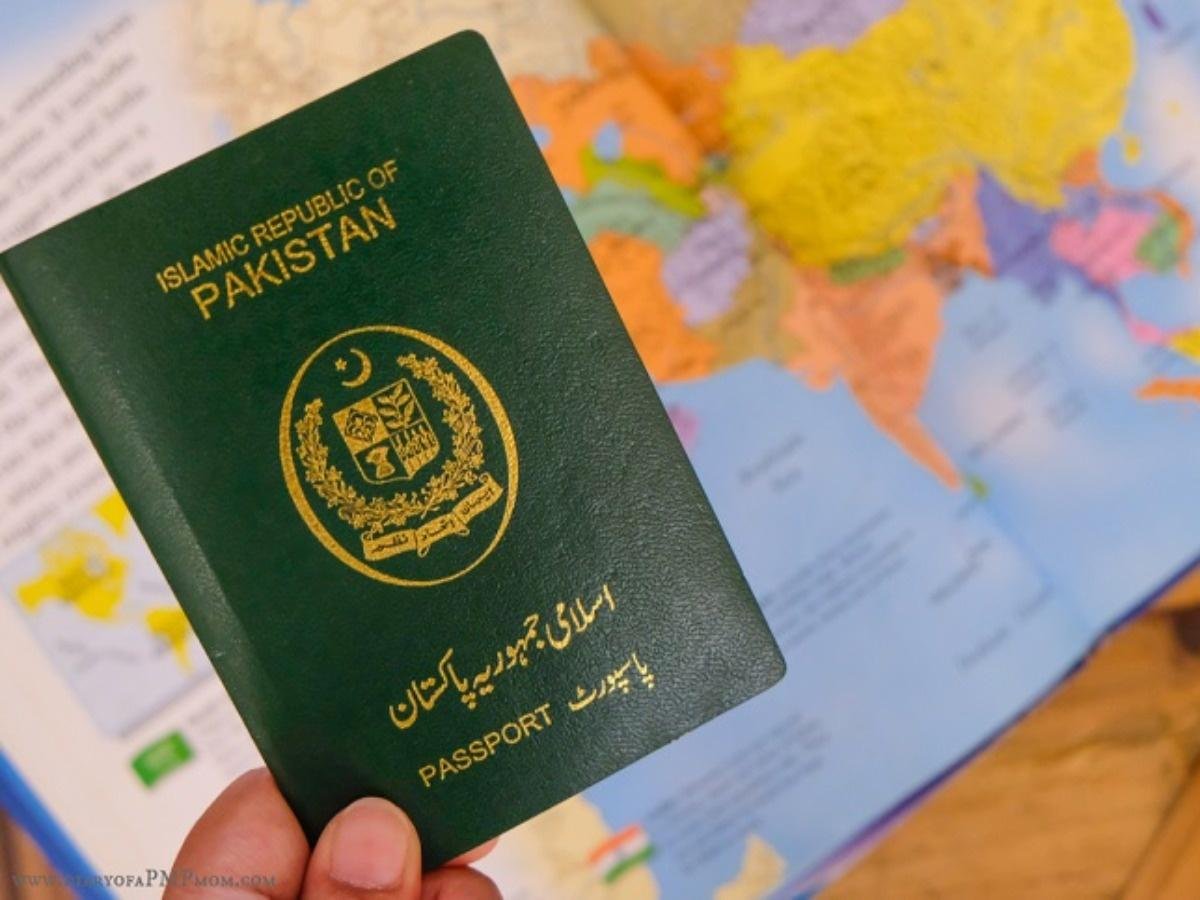The federal government has initiated an investigation into allegations of passport blocking and bribery at airports, following a formal complaint from the Pakistan Business Forum (PBF) in France.
Federal Minister for Overseas Pakistanis, Chaudhry Salik Hussain, has taken notice of the complaints, which accuse airport officials of blocking passports and extorting expatriates by demanding bribes ranging from Rs. 400,000 to Rs. 500,000 per passenger. In response, the minister has written to the Ministry of Interior, urging a thorough inquiry into the matter.
The PBF, in a letter sent on March 3 to both Chaudhry Salik Hussain and Prime Minister Shehbaz Sharif, outlined serious grievances from overseas Pakistanis, particularly those residing in Italy, Greece, Portugal, and other European countries. The letter alleges that corrupt officials are exploiting the government’s passport blocking measures to harass expatriates returning to Pakistan.
“This is a new method of harassment,” the letter stated. “Overseas Pakistanis are being stopped and forced to pay massive bribes, disrupting their travel plans and causing them severe distress.”
The PBF further highlighted that this issue has emerged just as the overseas community was celebrating the resumption of Pakistan International Airlines (PIA) flights. The forum has called on the government to take immediate action to restore the confidence of expatriates and prevent further exploitation.
In response, Chaudhry Salik Hussain emphasized the urgency of addressing the issue. “This is a very sensitive matter that must be resolved without delay,” he said. “Overseas Pakistanis are our national asset, and they should not face such unjust treatment.”
The minister also announced the establishment of a facilitation desk at airports to assist overseas Pakistanis and prevent similar incidents in the future. He stressed that those involved in corrupt practices must be identified and held accountable.
“The abuse of expatriates will not be tolerated,” Hussain stated. “We will ensure their concerns are addressed and their rights protected.”










